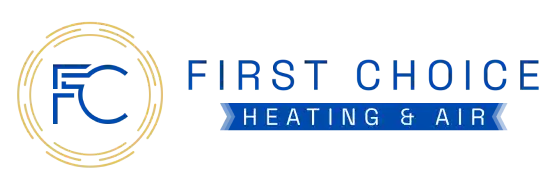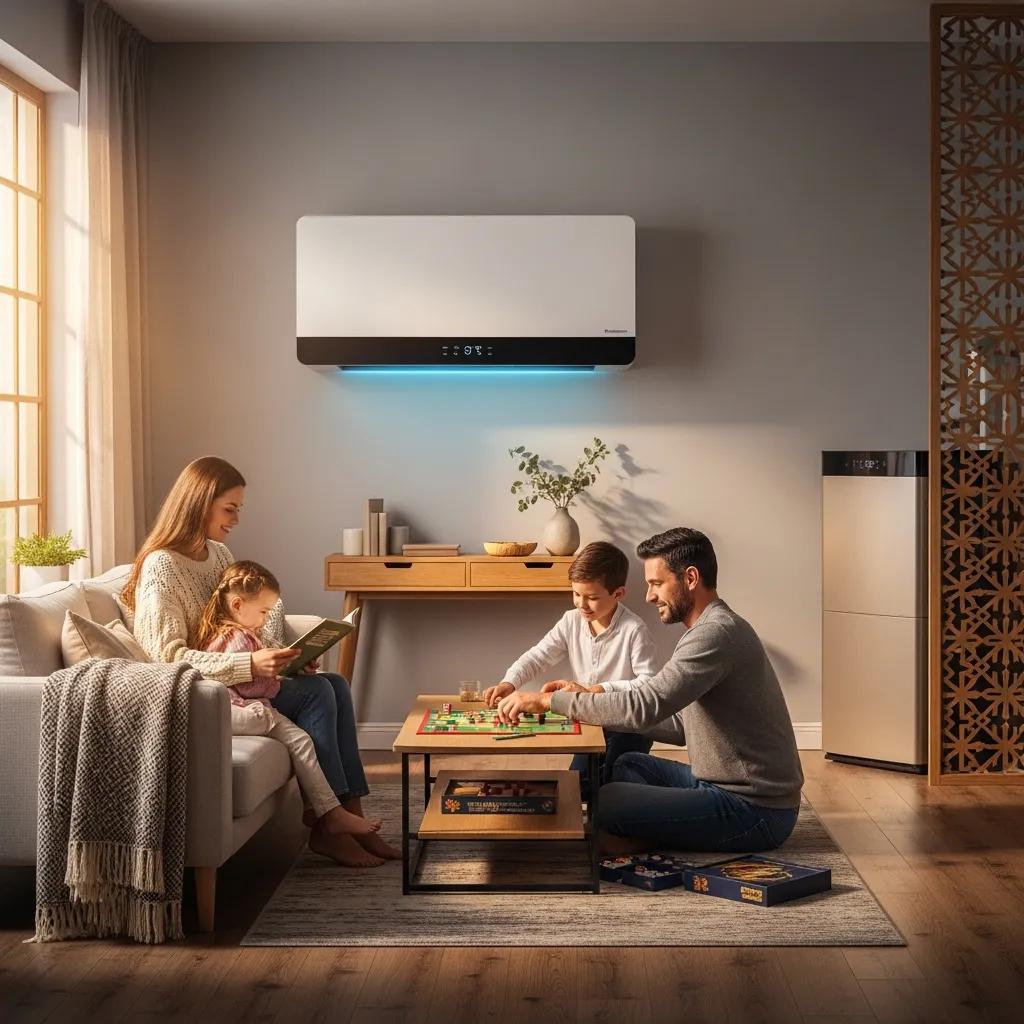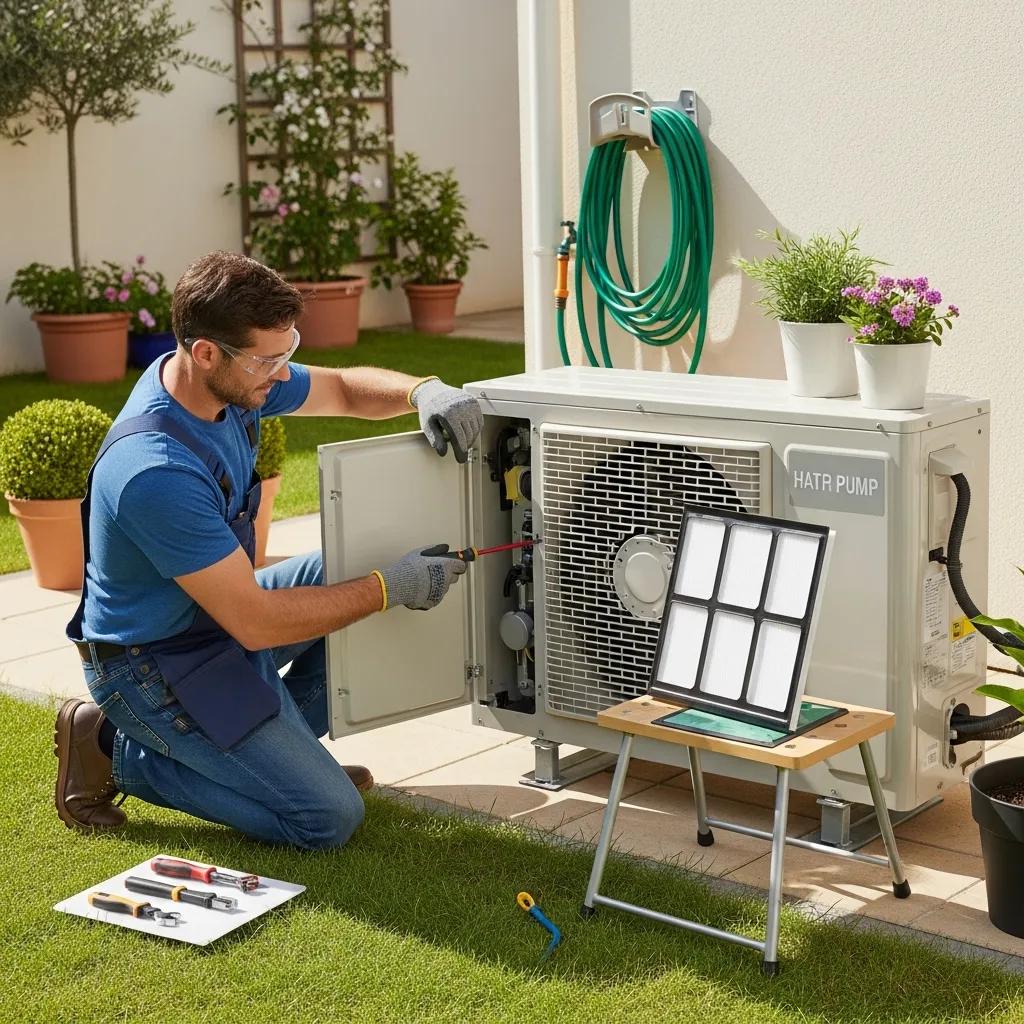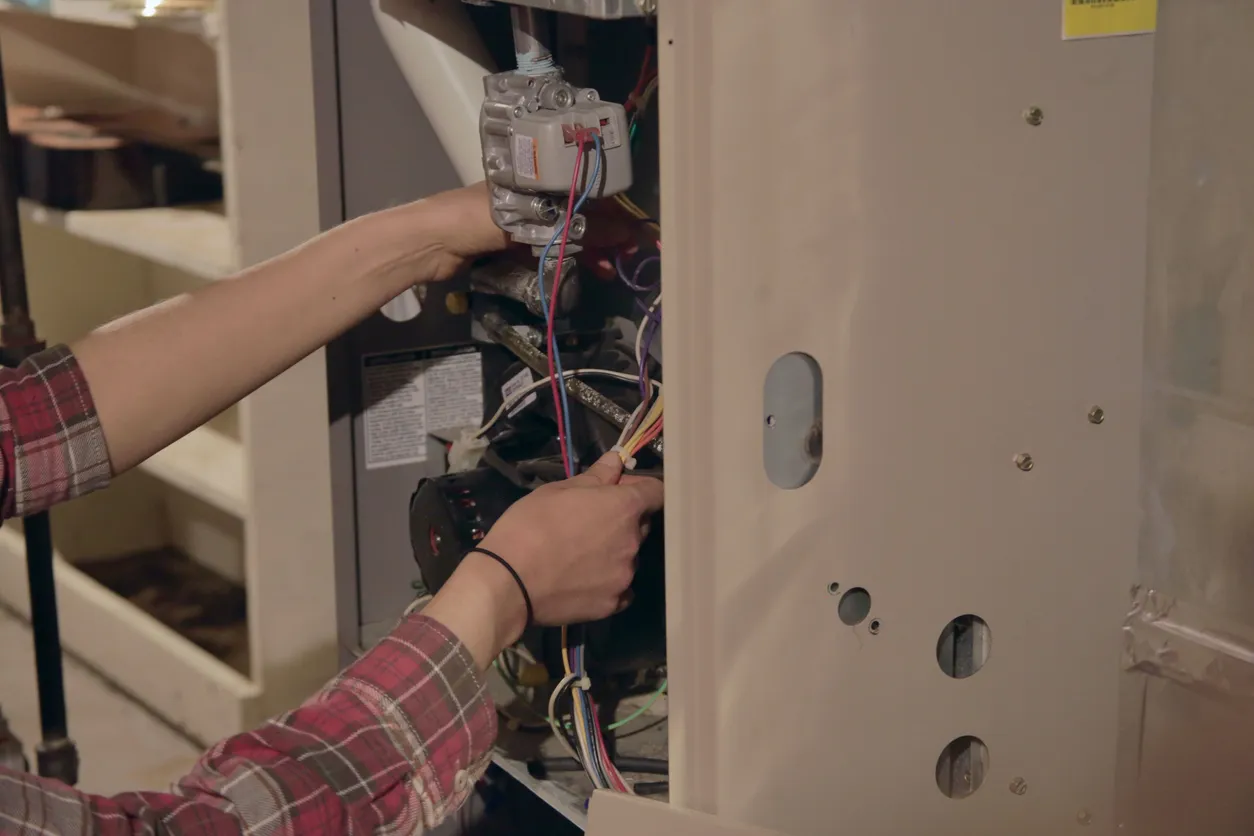Nothing’s more frustrating than waking up to a cold house in Bluffdale, turning up the thermostat, and realizing the heat isn’t coming on. In a place where winters can get chilly, a heating system that won’t turn on isn’t just inconvenient — it’s a serious problem. Whether it’s early morning or late at night, most people don’t expect their heater to suddenly stop working, especially when it’s been running fine the day before.
This kind of issue can catch any homeowner off guard. Instead of guessing what’s wrong or making repeated thermostat adjustments, it’s important to know the most common causes and what you can do right away. Acting quickly could save you from a bigger repair later on and keep your home comfortable while you wait for our technicians to arrive.
Common Reasons Why Your Heating System Won’t Turn On
Heating systems are designed to be dependable, but several different issues can prevent them from starting up. Here are some of the most common causes that affect Bluffdale homes:
– Thermostat problems: One of the simplest things to check is the thermostat. If the batteries are dead or if it’s not set to heat mode, your system won’t kick on. Even something as small as the wrong temperature setting or a schedule that was accidentally set can stop your heater from running when it should.
– Power supply issues: Your heater needs power to operate. If a breaker has tripped or a fuse has blown, the unit could be without electricity. This is more common than people think, especially right after a power outage or if too many other appliances are pulling load from the same circuit.
– Pilot light or ignition system failure: For gas HVAC systems, the pilot light or ignition system plays a key role in starting the heating process. If the pilot goes out or the ignition fails, the system can’t create the heat needed to warm your home.
– Clogged or dirty filters: When an air filter hasn’t been changed in a while, it can get so full that it restricts airflow. This can activate a safety switch in the system that keeps the furnace from running at all, to avoid overheating.
Each of these issues can seem minor on its own, but any of them can prevent heat from circulating through your home. For example, one Bluffdale homeowner thought their furnace had failed entirely, only to discover that the thermostat had been set to cool after some routine work around the house.
Initial Troubleshooting Steps Before Calling
Some issues require professional help, but there are a few basic steps you can take to rule out simple fixes:
1. Check the thermostat
Make sure it’s set to heat, and the temperature is set higher than the current room temp. If the screen is blank or fading, replace the batteries.
2. Inspect the circuit breaker
Locate your electrical panel and check if the breaker labeled for the furnace has tripped. If so, reset it once. If it keeps tripping, leave it off and wait for one of our technicians.
3. Review the pilot light or ignition
In older units, a pilot light may need to be relit. Newer systems use electronic ignitions, which may show error codes. If the light won’t stay on or you see a blinking error, that’s a sign it needs professional attention.
4. Examine the air filter
Pull the filter from your return vent or air handler and hold it up to light. If you can’t see through it, it’s too dirty. Replace it, then try running the system again after a few minutes.
By checking these simple items, you can sometimes restore heat without delay. But if nothing changes after going through these steps, or if the system shuts back off shortly after starting, it’s time to get help. Problems like short cycling, ignition failure, or popped breakers likely signal a deeper issue that needs our technicians to safely fix.
When to Contact Our Professionals
If your heating system still won’t turn on after checking the basics, it’s time to bring in our professionals. Heating issues that go beyond the surface can be hazardous or lead to more expensive repairs if left unresolved. Mechanical failures, wiring problems, sensor malfunctions, and gas-related concerns should always be handled by trained technicians.
Be on the lookout for symptoms that suggest deeper problems. A heating unit that keeps turning on and off without warming the home could have a failing control board or a faulty safety switch. If it starts making new noises like grinding, banging, or screeching that typically points to mechanical trouble. Unusual smells, especially burning or gas odors, signal a problem you should not try to handle on your own.
Here are some clear signs that it’s time to contact our professionals:
– You’ve done the basic troubleshooting but the system still won’t start.
– The furnace turns on briefly, then shuts off again.
– There’s a strong odor, like burning dust, electrical components, or gas.
– The thermostat keeps losing connection or displaying errors.
– You hear strange or loud noises while the system is trying to start.
– Any visible damage to wiring, components, or vents.
Homeowners in Bluffdale often delay scheduling inspections, hoping the issue will resolve itself. But if the system has failed once, it’s likely to fail again. Having it inspected promptly helps keep your home safe and minimizes heating downtime.
Preventative Measures to Avoid Future Issues
A heating system that works reliably through the cold months doesn’t happen by chance. Prevention is key to avoiding breakdowns when the temperatures drop. With a few simple habits and timely professional visits, you can maintain peace of mind throughout the heating season.
Start with consistent filter changes. A clogged filter can shut your system down or lower its efficiency. Set a reminder every 1 to 3 months depending on your home’s air quality and whether pets are present. In Bluffdale, where dust and seasonal shifts can affect indoor air, filters can clog faster than expected.
Also, set your thermostat to a consistent temperature throughout the day and night. Constantly adjusting your settings can cause frequent cycling, which wears out parts faster. It’s more efficient to let the system reach and maintain one steady temperature.
Add these best practices to your routine:
– Replace air filters regularly and as needed
– Keep vents and returns clear of furniture or blockages
– Don’t ignore unusual system sounds or smells
– Set a biannual maintenance schedule with our professionals
– Get your thermostat checked for calibration and reliability
Sticking with this approach makes it easier to catch small issues before they become large expenses. It also boosts your system’s overall lifespan and helps it perform better each winter.
Reliable Heating Starts with Early Action
It’s easy to take your home’s heating system for granted until it stops working. But addressing issues early can prevent discomfort, wasted energy, and safety concerns. In Bluffdale, where cold weather stretches well into the year, having a dependable heating setup is more than a convenience, it’s necessary.
Whether it’s a thermostat that won’t respond or a heater that refuses to start, these problems are always better handled sooner than later. Taking care of heating repairs promptly helps avoid bigger issues down the line and means you’ll be ready whenever temperatures drop again. Trust your instincts. If something doesn’t seem right, get it looked at before it gets worse. There’s peace of mind in knowing your system is ready to keep your family warm.
If your heating system continues to give you trouble despite basic troubleshooting, our technicians understand how crucial it is to restore comfort quickly. We offer dependable heating repair in Bluffdaleto ensure your home stays warm and safe throughout the colder months. First Choice Heating & Air provides prompt and professional service to address persistent issues safely and efficiently, helping prevent further complications down the line. For a quick estimate or to book a service visit, please contact us today.





